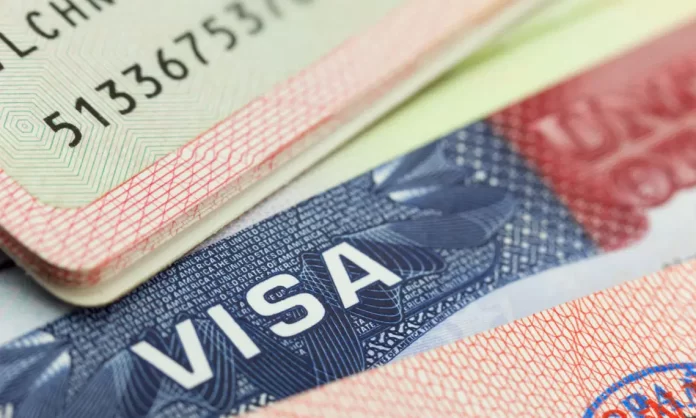The United Kingdom is set to impose restrictions on visa applications from countries whose nationals are most likely to overstay their permitted stay, as part of a broader overhaul of its immigration system.
According to a report by The Times, the UK Home Office identified Pakistan, Nigeria, and Sri Lanka as the countries whose citizens are at higher risk of overstaying their visas.
Many of these individuals later apply for asylum, and if their requests are granted, they are allowed to remain in the UK permanently.
In response to this issue, the Home Office has indicated that these nationals could face stricter regulations when applying for work or study visas in the future.
A spokesperson for the Home Office stated: “Our forthcoming Immigration White Paper will outline a comprehensive plan to restore order to our immigration system. We are gathering intelligence on individuals who enter on work and study visas and later claim asylum, aiming to identify them more quickly.”
The spokesperson further added, “We continuously review the visa system, and if we detect any trends that may undermine our immigration rules, we will take appropriate action.”
The full details of the UK government’s strategy will be unveiled in the Immigration White Paper, which is expected to be published later this month.
Nigerians have been significantly impacted by recent immigration policy changes in the UK, particularly in areas such as student visas, work permits, and visa approvals. Tighter rules on dependents and post-study work opportunities, introduced under former Prime Minister Rishi Sunak, have led to a sharp decline in international student applications to the UK. Consequently, many Nigerians are now looking toward the US, though this option has become increasingly challenging.
A 2024 report revealed that the rejection rate for Nigerian visa applicants to the UK surged from about 1 in 31 applications in late 2022 to 1 in 8 by late 2023. This has caused a 63 percent drop in the number of visas issued to Nigerians compared to the previous year. The financial burden of non-refundable fees, coupled with higher rejection rates, has further intensified pressure on Nigerian applicants.
Meanwhile, the UK government generated over N40 billion from processing visas for Nigerian nationals between June 2023 and June 2024.
In a related development, former US President Donald Trump also imposed stricter immigration controls, warning that students with valid visas could face deportation if they were found not to be serving the US’s best interests.
